How many apps have you installed on your smartphone? A lot, right? Every day, countless mobile apps are created and launched in mobile app stores. This implies that mobile apps are getting more and more popular, and all apps are able to generate income for the app makers, in one way or another. That sounds like a wonderful job with decent earnings. But what if I tell u that this job is for everyone? So, if you’ve always had a lot of great and creative ideas but your lack of coding skills prevents you from creating a useful and interesting mobile app, then this article is for you. It will go through the top best mobile app development platforms for all mobile operating systems.
Table of Contents
- What Are Mobile App Development Platforms?
- Top Best Mobile App Development Platforms for 2024
- What to Look for in the Top Best Mobile App Development Platforms?
- Codeless or Low-code Mobile Application Development Platforms
- Code-centric Developer Tooling
- Micro Mobile Application Development Platform Patterns
- Mesh App and Service Architecture (MASA)
- Monitoring and Analytics
- Core back-end Services
- AI Services
- DevOps Support
- Mobile Application Development Platform Compatibility
- Scalability
- Security
- How to Choose the Best Mobile App Development Platform?
What Are Mobile App Development Platforms?
When it comes to building applications for mobile or websites, surely everyone will think of difficult programming processes or user interface (UI) design work. It’s true, but nowadays, you can bypass those processes easily because you already have these features to choose from, which are provided by platform providers for application development.
These best mobile app development platforms are similar to an all-in-one environment of tools that allow you to create, test, optimize, debug, deploy, and maintain mobile applications.
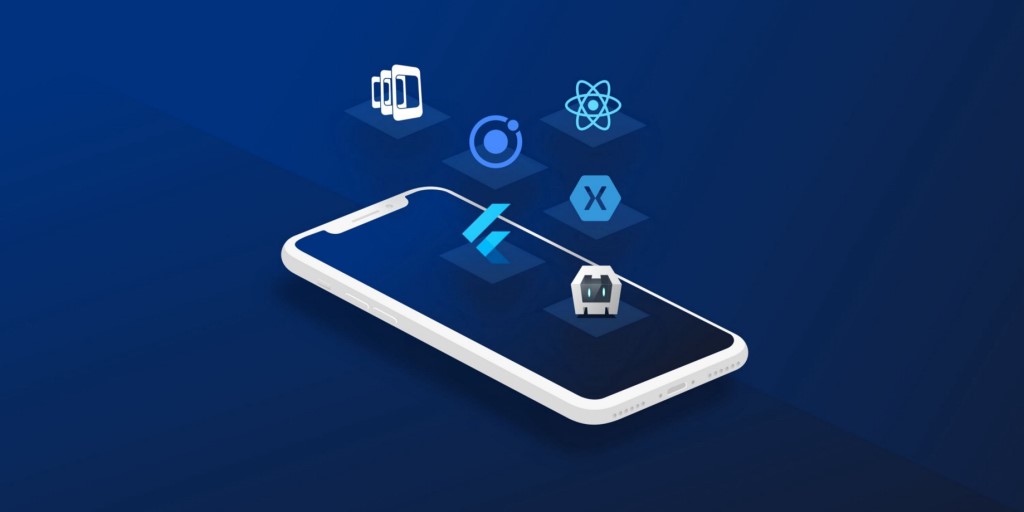
Depending on the developer, those platforms will have different features, for example, you can use a platform for creating a mobile app from A to Z, but there are times when you have to combine multiple separate platforms for front-end, back-end development, or security add-on layers, notifications, and data storage, etc.
Top Best Mobile App Development Platforms for 2024
With a plethora of options available, selecting the ideal platform can be daunting. To assist you in this critical decision, we have curated a list of the top mobile app development platforms for 2024, each offering a unique set of tools, frameworks, and features to cater to the diverse needs of developers and businesses alike.
Microsoft Xamarin
Xamarin is favored by many users because it is not only easy to use, ideal for Android, iOS, and Windows devices, but it also provides cross-platform mobile application development services, that is, with only a C# code base, you can build a native app for multiple platforms. All these features will make a big profit for you in terms of development costs and time to market.
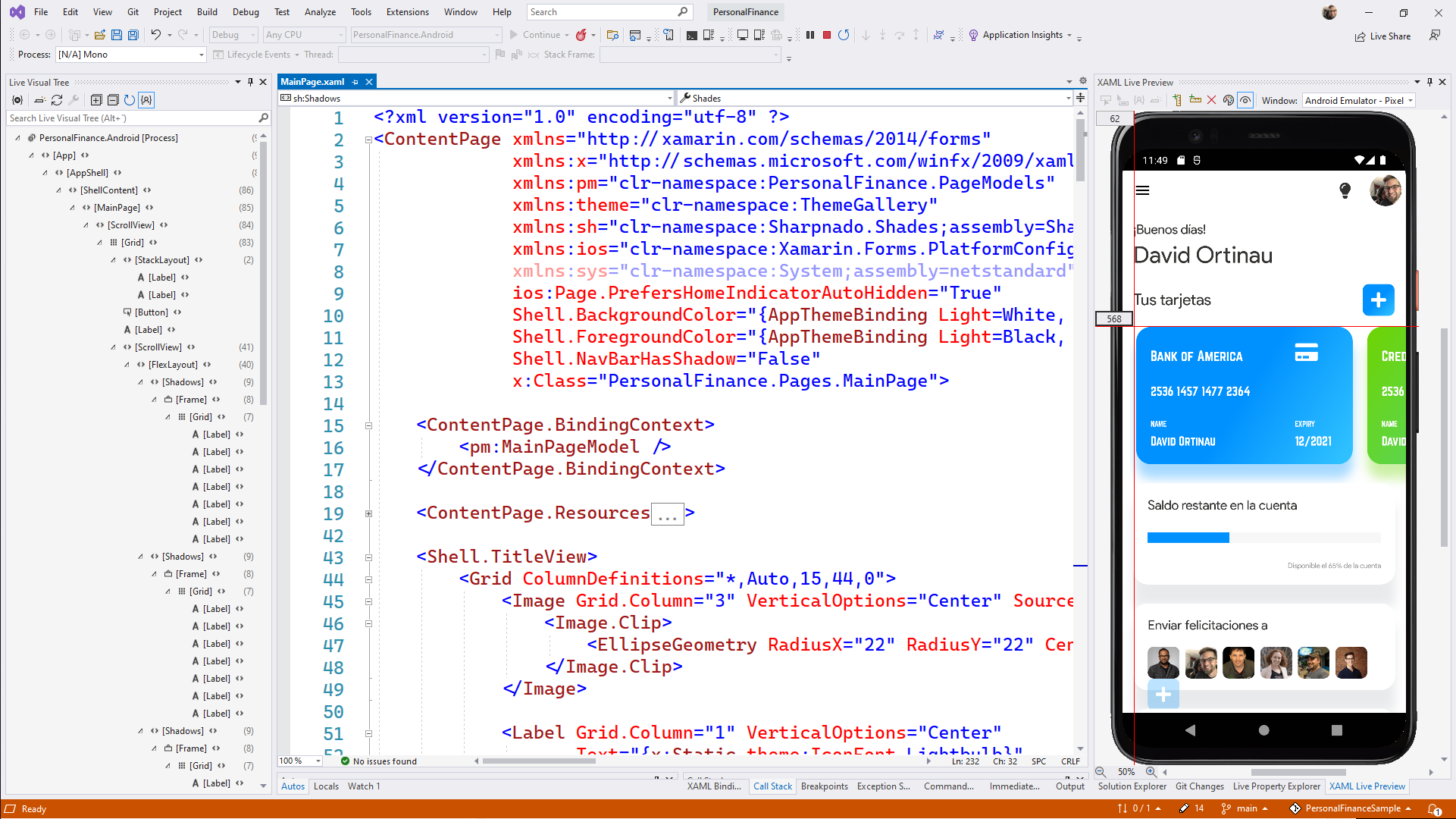
Some of the key features of Microsoft Xamarin that you can consider:
- Direct access to platform APIs from C#.
- Complete development ecosystem with editor, debugger, UI design tools, and cross-platform libraries.
- Strong integration with Microsoft Azure for cloud services.
- Integrated Android SDK manager.
- Advanced diagnostic tools are equipped.
- Robust community support with over 60,000 contributors.
Flutter
Stylish and out-of-the-box are only a few of the compliments that we can use when describing this Google open-source SDK. It is highly recognized for its versatility in user interface construction and characteristics such as generating unique, innovative seamless animations, among other things. This platform uses the Dart language to create the most powerful applications. Therefore, Flutter is great for building a 2D app game or clothing store for iOS or Android systems.
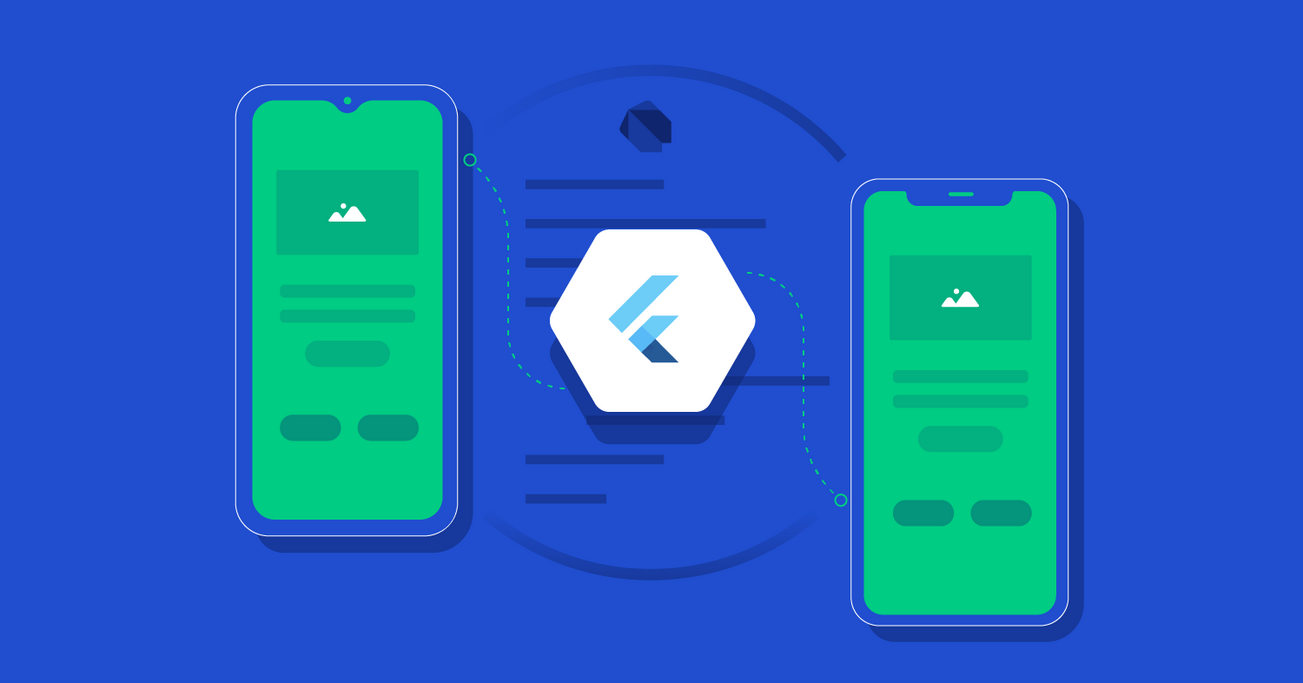
Flutter owns some outstanding features below:
- Hot Reload for instantly viewing changes in the app.
- Rich set of fully customizable widgets to build native interfaces in minutes.
- Native performance on both iOS and Android.
- Rich APIs for fluid and dynamic motion within applications.
- Strong community support and a growing ecosystem.
Adobe PhoneGap (Cordova)
If you are looking for different mobile application development platforms that will fit your future expansion strategies, then you should not ignore the open-source free framework of Cordova. With this option, you can create a simple mobile app using CSS3, HTML5, and Javascript, and enhance its development with various integrated libraries. The usage of the app can also be extended with the plug-in architecture, thus becoming more useful for mobile phone users.
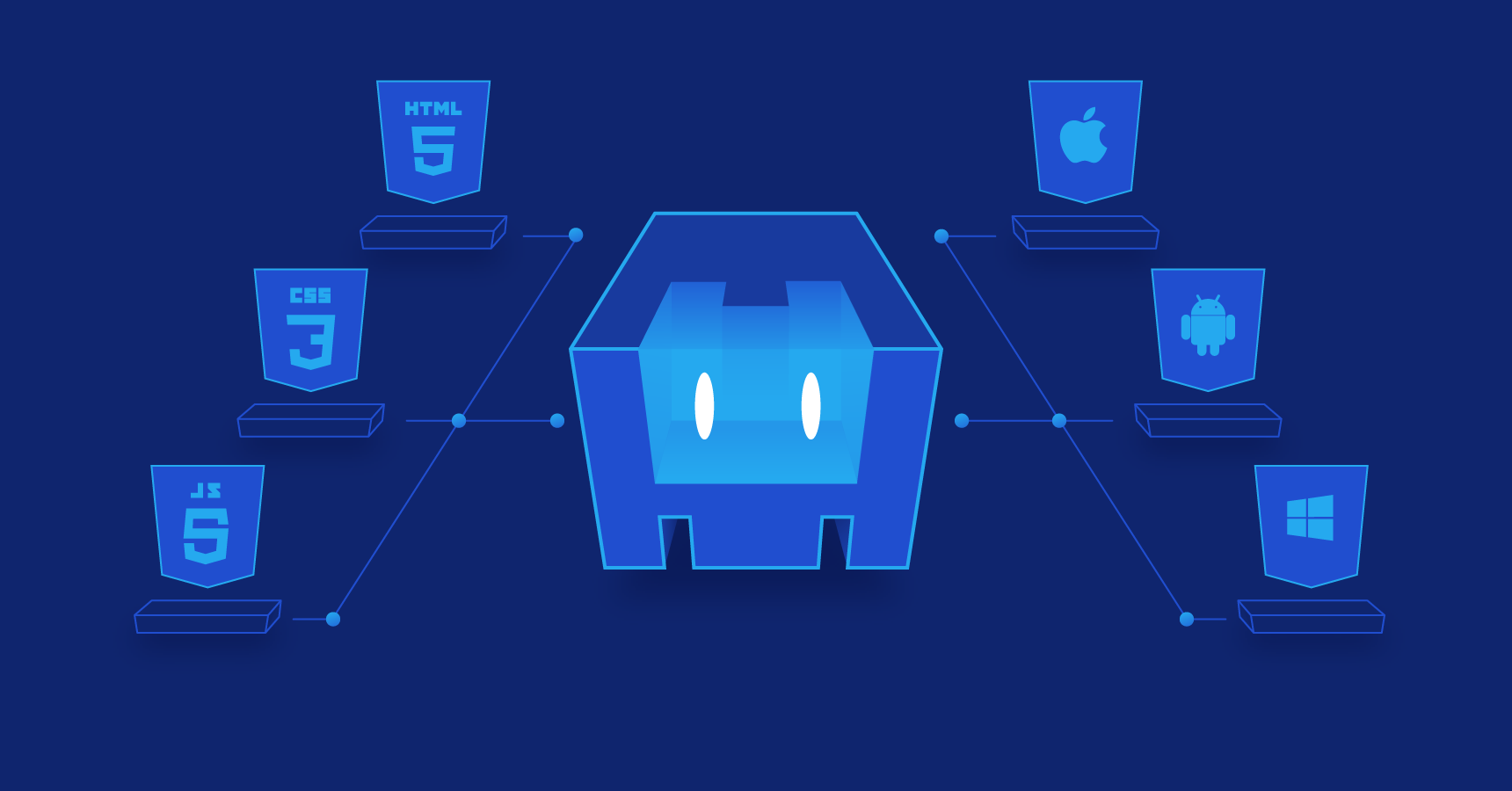
Key features of Adobe PhoneGap (Cordova):
- Plugin architecture to access native device APIs.
- Utilizes a command-line interface (CLI) for plugin management and builds across multiple platforms.
- Allows for wrapping up of code depending upon the platform.
- Strong backing by the Apache Software Foundation.
- Offers a seamless development experience.
Sencha
It’s not a big surprise that Sencha is included in our list of the best mobile app development platforms. It’s already exceedingly popular with its powerful data pack and rich user interface resources (over 115 components), suitable for those looking for a data-intensive cross-platform app. The app is written by the HTML5 code base and can be installed on a variety of operating systems, including Android, iOS, Blackberry, Windows, Kindle, and Tizen.

Some of the highlighted features of Sencha are:
- Capable of processing and managing data in the millions.
- Offers robust tools for in-depth analytics.
- Visual application builder for HTML5.
- Powerful theming capabilities.
- Incorporates a modern Data-Driven Documents package (D3) for sophisticated data visualization.
- Hundreds of user extensions.
Appcelerator
Appcelerator did a pretty good job adapting the strong and high-performance mobile app model for enterprise users. It is a Titanium SDK development framework, which helps to shorten the time to create a mobile application for operating systems like iOS and Android. Cloud storage is also more plentiful, not to mention integration with third-party libraries, aimed at supporting businesses in multi-region global deployments.
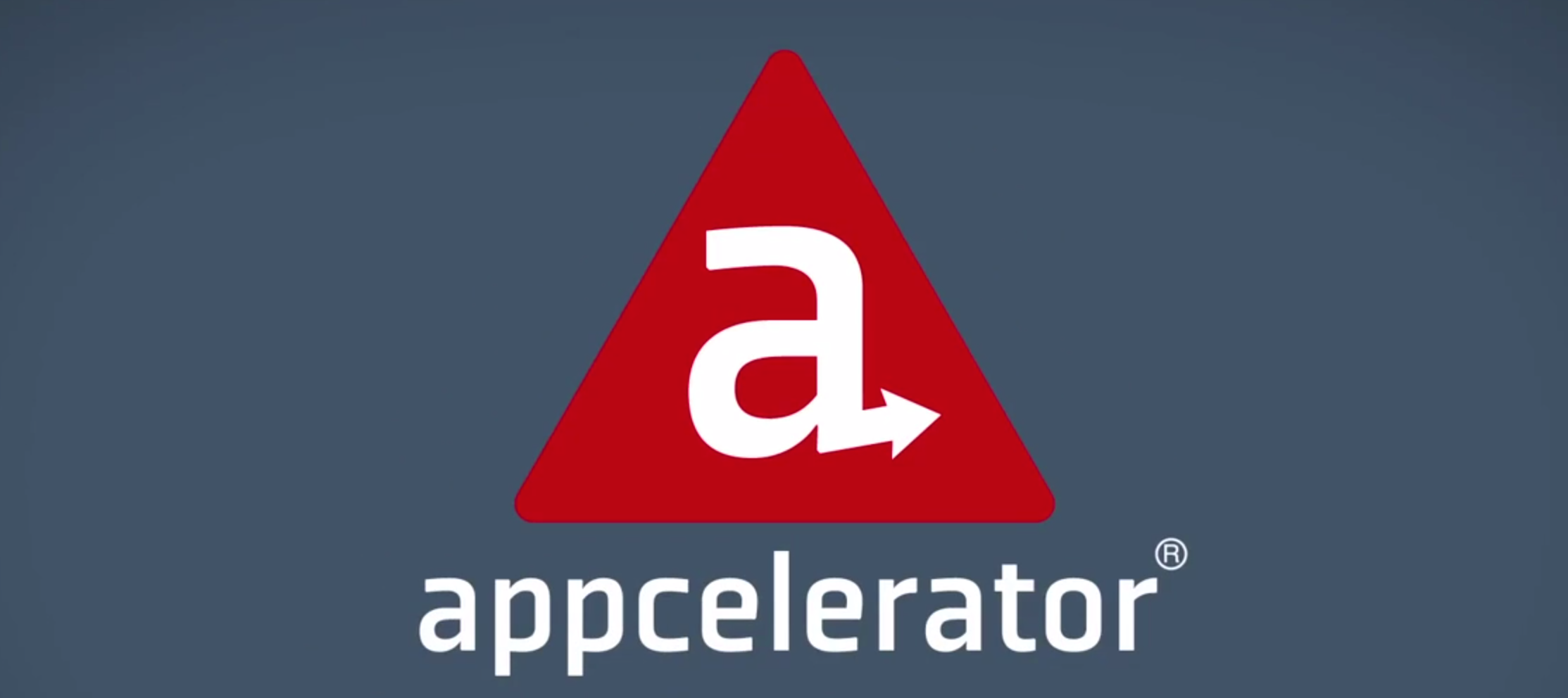
There are some key features of Appcelerator that you can’t ignore:
- Direct access to iOS and Android APIs using JavaScript.
- Alloy framework to speed up app development.
- Integrated mobile backend services like push notifications, analytics.
- Strong community and marketplace for modules and widgets.
Ionic Framework
Two of the features we love about Ionic are ease of use and cross-platform. This means you can create it easily across multiple operating systems using HTML, CSS, and Javascript. Besides, if you have a need to create a more advanced mobile app eCommerce with more useful features and more interactivity, then Ionic will satisfy you with the integrated AngularJS.
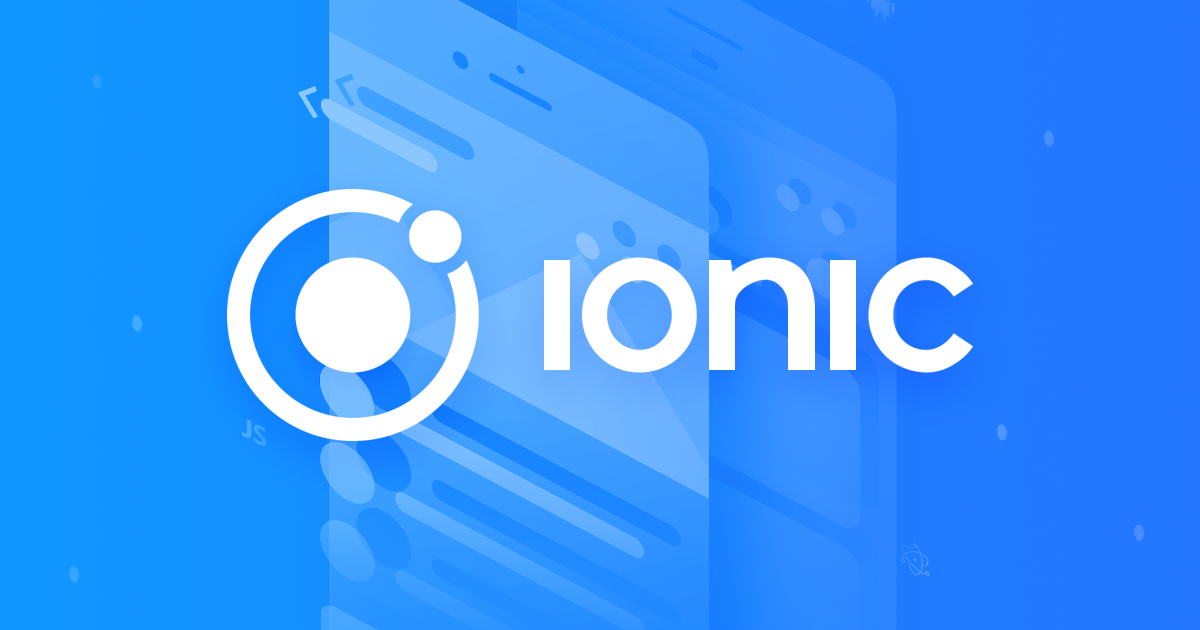
Here are some key features of Ionic Framework:
- A library of optimized HTML, CSS, and JavaScript components for mobile.
- Capacitor integration to call native SDKs on both iOS and Android.
- Strong CLI and development tools.
- Vibrant Developer Community with 5 million developers.
- Robust and reliable platform.
React Native
React Native may not differ much from the above mobile application development platforms, however, if you try to create a mobile app on this tool, you won’t regret it. It is owned by Facebook, is an open-source cross-platform development platform, and also integrates with third-party libraries. It can also shorten app development time on a variety of media with features that are easy to learn and design.

Some notable features of React Native:
- React Native facilitates app development with less code.
- Features a declarative API that simplifies the creation of predictable user interfaces.
- Vast libraries and tools that streamline the development process.
- Ability to write native code and integrate it when necessary.
- Accommodates both iOS and Android app development.
- Strong community and support from Meta.
NativeScript
NativeScript stands out as an open-source framework for building mobile apps on both Android and iOS. It enables the creation of native Android and iOS applications from one shared codebase. Developers can utilize TypeScript, Angular, or JavaScript to construct their mobile apps with NativeScript.
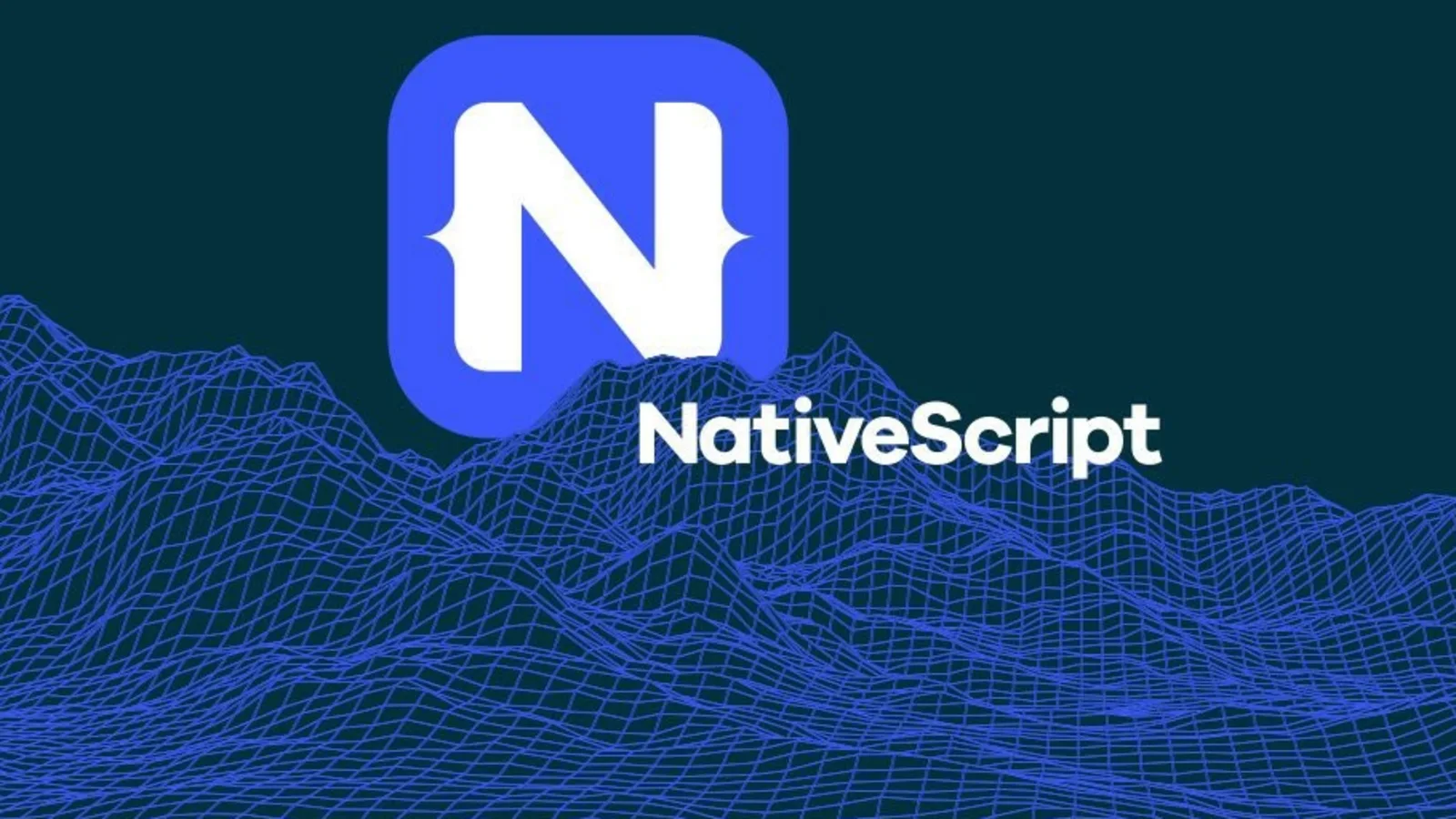
Features of NativeScript include:
- Direct access to Android and iOS APIs.
- Native UI without WebViews.
- Full access to the rich ecosystem of npm packages.
- Strong support for Angular and Vue.js integration.
- Provides dependable support crucial for business-grade app development.
Android Studio
Android Studio is the official IDE for Android app development, backed by Google. It offers comprehensive tools that simplify coding, debugging, and testing for developers. The IDE supports a multitude of languages such as Java, Kotlin, Swift, and C++, and stays up-to-date with the latest developer trends. It’s highly customizable to fit individual needs and boasts a supportive community of Android experts.
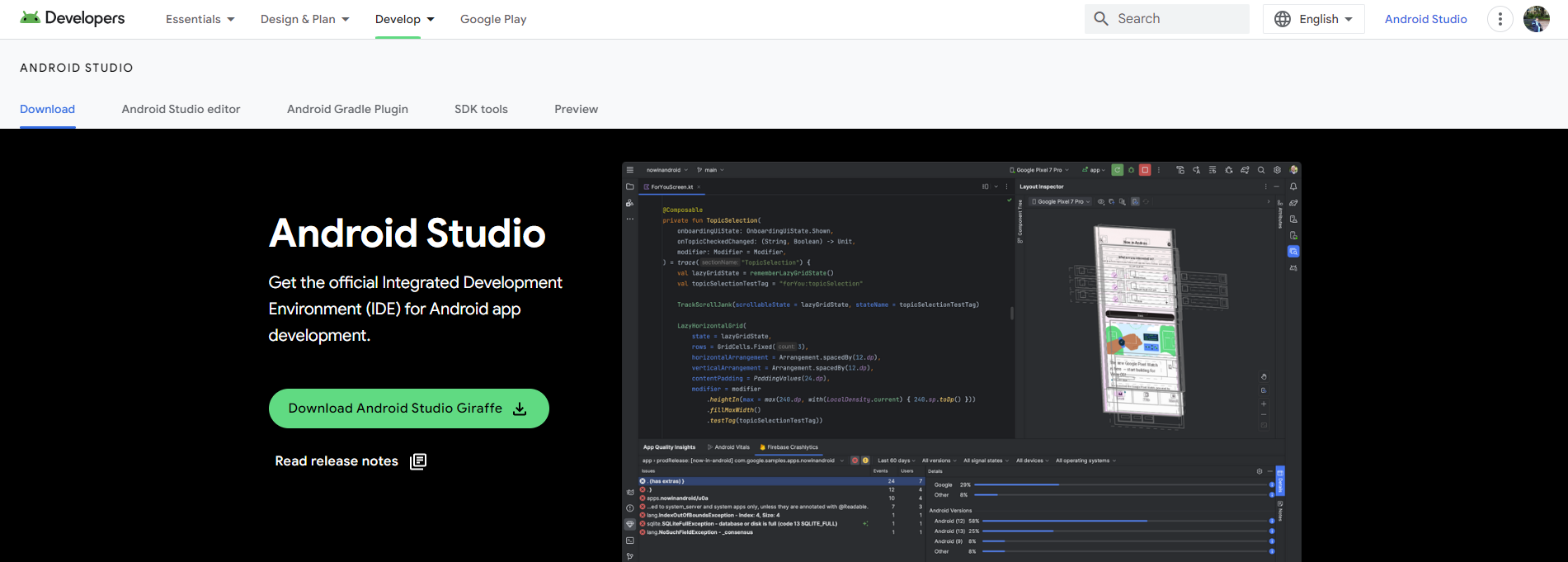
Key Features of Android Studio:
- Features virtual emulators and supports both wired and wireless connections with physical devices.
- Incorporates the powerful Gradle build system.
- Provides seamless integration with Google Play services.
- Offers Git functionality directly within the IDE.
- Comes integrated with an array of tools and frameworks designed for efficient app testing.
What to Look for in the Top Best Mobile App Development Platforms?
Here are the features of the best mobile app development platforms that you will need to keep in mind when considering between mobile app platforms.
Codeless or Low-code Mobile Application Development Platforms
If you’re someone who doesn’t have much knowledge of complex coding tasks, then you should consider using these types of mobile app development platforms. They allow you to use a drag-and-drop approach to conveniently and easily get creative without having any complicated manipulation.

In addition, it also supports metadata-driven, model-driven, declarative, or other non-coding approaches, so you can create different app templates according to your users’ needs.
Code-centric Developer Tooling
This feature allows you to visualize the architecture and design of your app without changing the code. When you import the code into the tool, it will show the changes you are making. But in order for the designs and builds to be updated, let’s update the code before bringing it back into the tool, which can be a plug-in to an open-source IDE (Integrated development environment) or IDE provided by some platforms in the market.
Micro Mobile Application Development Platform Patterns
Portability is one of the first and foremost elements in every mobile application development platform comparison, allowing an app to be lifted and shifted from one cloud to another. It could even be run on multiple clouds at the same time. With micro app patterns, you can reuse app building blocks or components to design and build this feature for your app.
Mesh App and Service Architecture (MASA)
Mobile application development platforms featuring it will be able to support serverless, API mediation, microservices, and event-driven requirements for an app, serving different user needs.
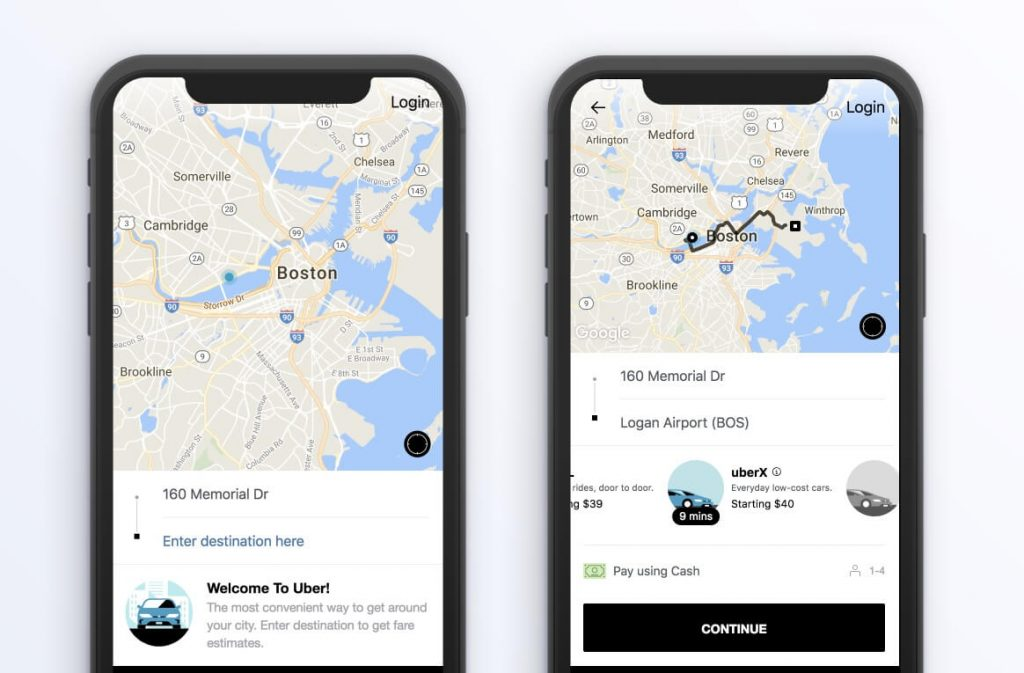
For example, the Uber app uses this feature to offer users a variety of options including Uber for travelers or drivers.
Monitoring and Analytics
Before launching an app on mobile app stores, you will need to monitor and analyze its performance. Platforms will report back to you about that and the usage of the app when created and run on them.
Core back-end Services
Some application services can be reused to increase cost efficiency, such as user management, push notifications, location services, offline synchronization, file storage, etc. In addition to including these services, core back-end services also cover integration, API design, and orchestration.
AI Services
AI is an important factor in the comparison of mobile application development platforms to enhance and improve the customer experience measurement, which, in turn, helps increase the number of downloads from app stores. Usually, this feature will be integrated or tightly integrated for users to use.
DevOps Support
This feature helps you shorten the systems development life cycle, thereby decreasing the developmental workload to accelerate app development with a high mobile application development software quality. Not only that, but it also facilitates process automation through tracking automation and releasing management.
Mobile Application Development Platform Compatibility
On the mobile app market today, there are two main platforms: iOS and Android. Your program must be created on a platform that supports at least these two platforms, preferably cross-platform, which means users may download and use your app on Windows, macOS, and so on.
Scalability
As your business moves into expansion, so does your app to secure the long-term goal of your business strategy plan. So choose platforms that provide scalability through cross-platform frameworks and tools.
Security
Individual consumers may not be concerned about security when using mobile applications, but for professionals and enterprise customers, it is vital. In addition, security vulnerabilities can be eliminated when you choose to use robust cross-platform tools regardless of the platform.
How to Choose the Best Mobile App Development Platform?
Finding the best mobile app development platform for your company is a key step in the development process. When you start planning, you also should decide whether to focus on a native application or cross-platform solutions.
It’s an important decision to make because it’ll be directly related to your strategy and business goals. It will also determine the tools you will need to use to create the best mobile application.
Whether you choose Android or iOS as your mobile development platform, each will have its own set of pros and cons. As a result, it is critical that you review these before making a choice of the best mobile app development platforms for your business.
IOS Development Platform
IOS is a closed platform. This implies that Apple has complete control over its programming language, the programs it publishes, and the devices it distributes. They have stringent restrictions, and any departure may result in the demise of your digital baby’s fortune. Therefore, you must follow those rules and be prepared for continual change. This is an innovative company, with a thought leader who is continuously searching for perfection. Developers, on the other hand, always know how to communicate with designers and create a flawless product that will be welcomed and 100% accepted by the store.
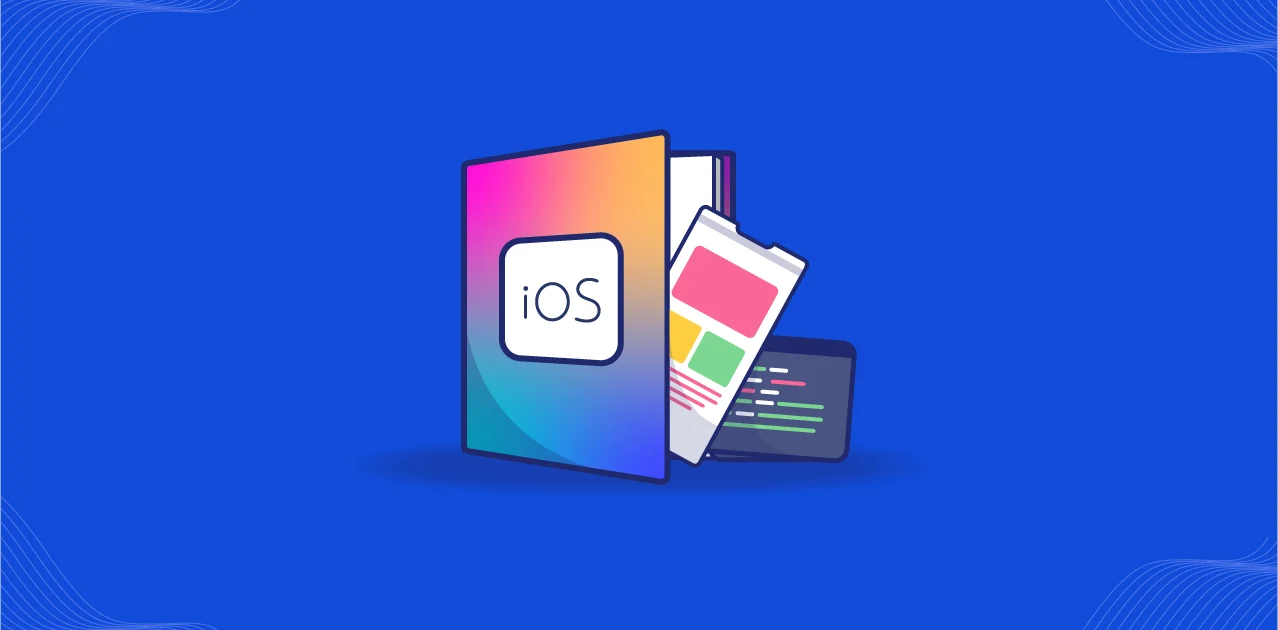
You will need to upgrade your program to the most recent operating system from time to time. All they have to do is go to Settings and start an upgrade. As a product owner, this means you’ll need to keep in regular contact with your developer and update the app to meet the most recent needs.
Android Development Platform
According to the recent data from Statista.com, Android is one of the best mobile development platforms in the world. Because a large number of individuals utilize Android smartphones. By creating an Android app, you have access to a greater pool of potential consumers. This operating system, like iOS, is extremely adaptable since one app can run on a variety of devices, including smartphones, tablets, watches, TV boxes, and even automobiles.
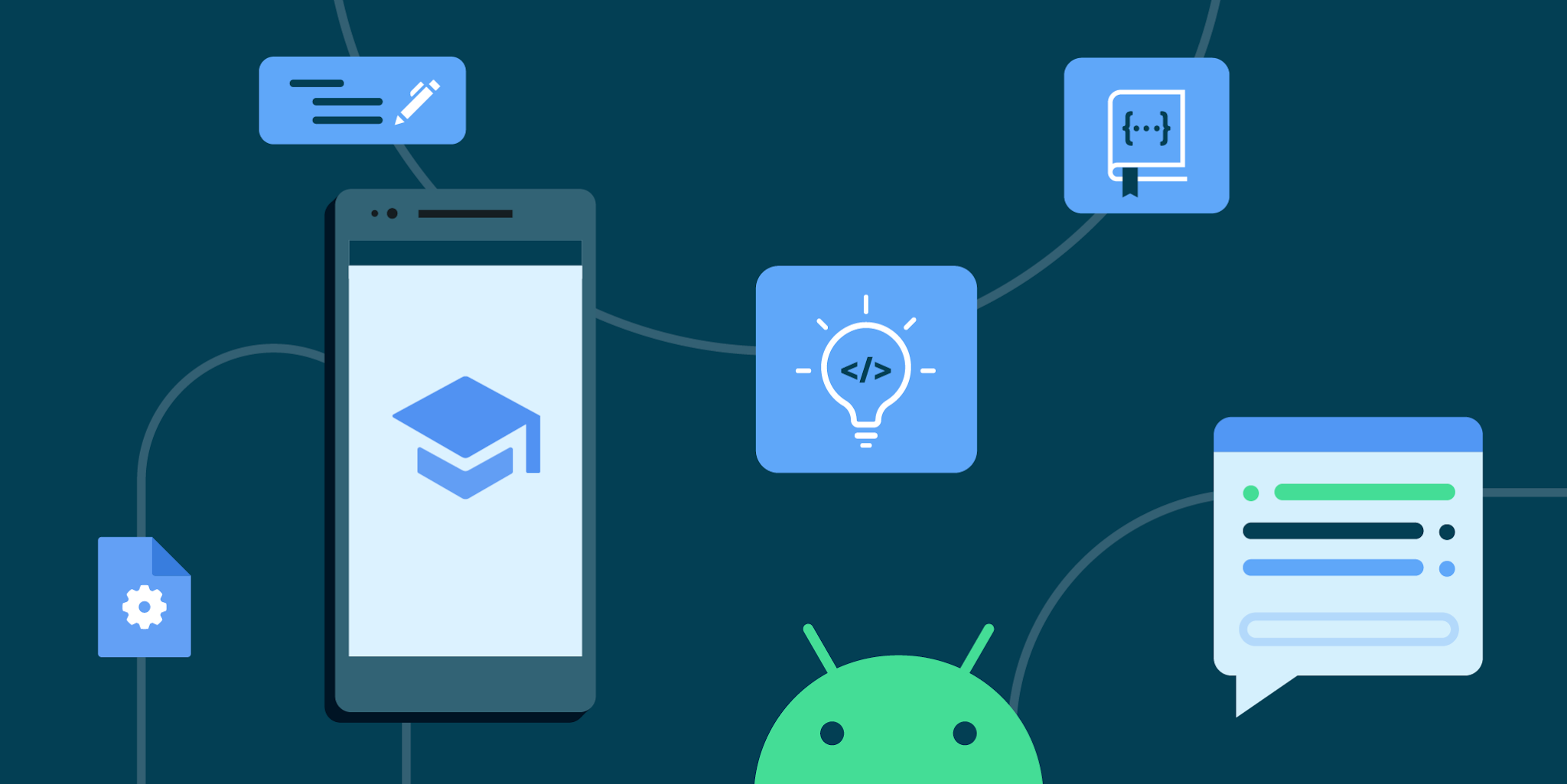
There is also a wide range of applications available on Google Play. There is something for everyone’s taste there. Thus, by publishing an app to this marketplace, you may be certain of a large number of early followers.
Cross-Platform Apps
A cross-platform app is a combination of HTML5 and native plug-ins. The so-called write-once-run-everywhere approach may seem to be a pretty cost-effective solution. Appcelerator.com, one of the most popular cross-platform frameworks, promises 20% faster development in comparison with native languages, reuse of up to 90% of developed code when supporting multiple platforms, and significant cost reduction.
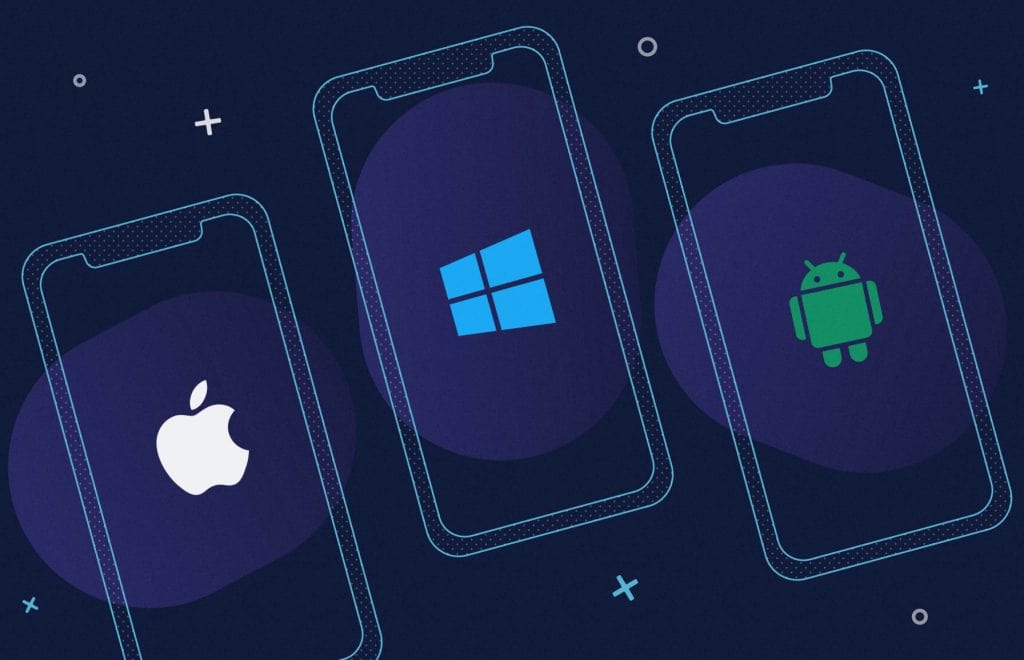
There are several cross-platform frameworks, each with its own set of constraints. Before making a judgment in favor of one framework over another, carefully evaluate its capabilities. Furthermore, not all features can be easily integrated using a cross-platform framework.
Here are some quick tips on when to consider which is the best mobile app development platform for your business:
Consider native platforms solution when:
- You need to develop a custom solution.
- A project is difficult and challenging.
- You’d like to spend less on testing through devices.
- Providing the greatest possible user experience.
- You want your app to have a native look and feel.
Consider Cross-Platform solution when:
- Cost is important for you.
- You want to develop a promo project.
- Your project is simple and straightforward.
- UI is not supposed to be stylish.
- There is a requirement for multi-platform mobile development.
Final Thought
The best mobile app development platforms are composed of multi-channel sending capacities, security, the board, and back-end reconciliation abilities that bode well. Yet, in any event, while picking between tools, developers may push for the choices with the fanciest odds and end, while CIOs or IT chiefs comprehend the significance of keeping the organizations’ interest on a fundamental level and along these lines need to think about the whole image of expenses, designer profitability, security, the executives and that is only the tip of the iceberg.
Bringing an app to the market requires substantial research and strategic planning. If you want to find the right team to help you build and launch your mobile app, then you can contact us. With over 6+ years in the industry, Magenest has provided custom solutions solving real work business challenges, thousand of our customers have used our services, including significant brands like Heineken, Nestle, and Univeral (view our work and experience). We assist clients in identifying the risks and opportunities that address both short-term challenges as well as long-term value creation. Our team of mobile app developers will be on hand throughout the process to ensure your complete satisfaction.











